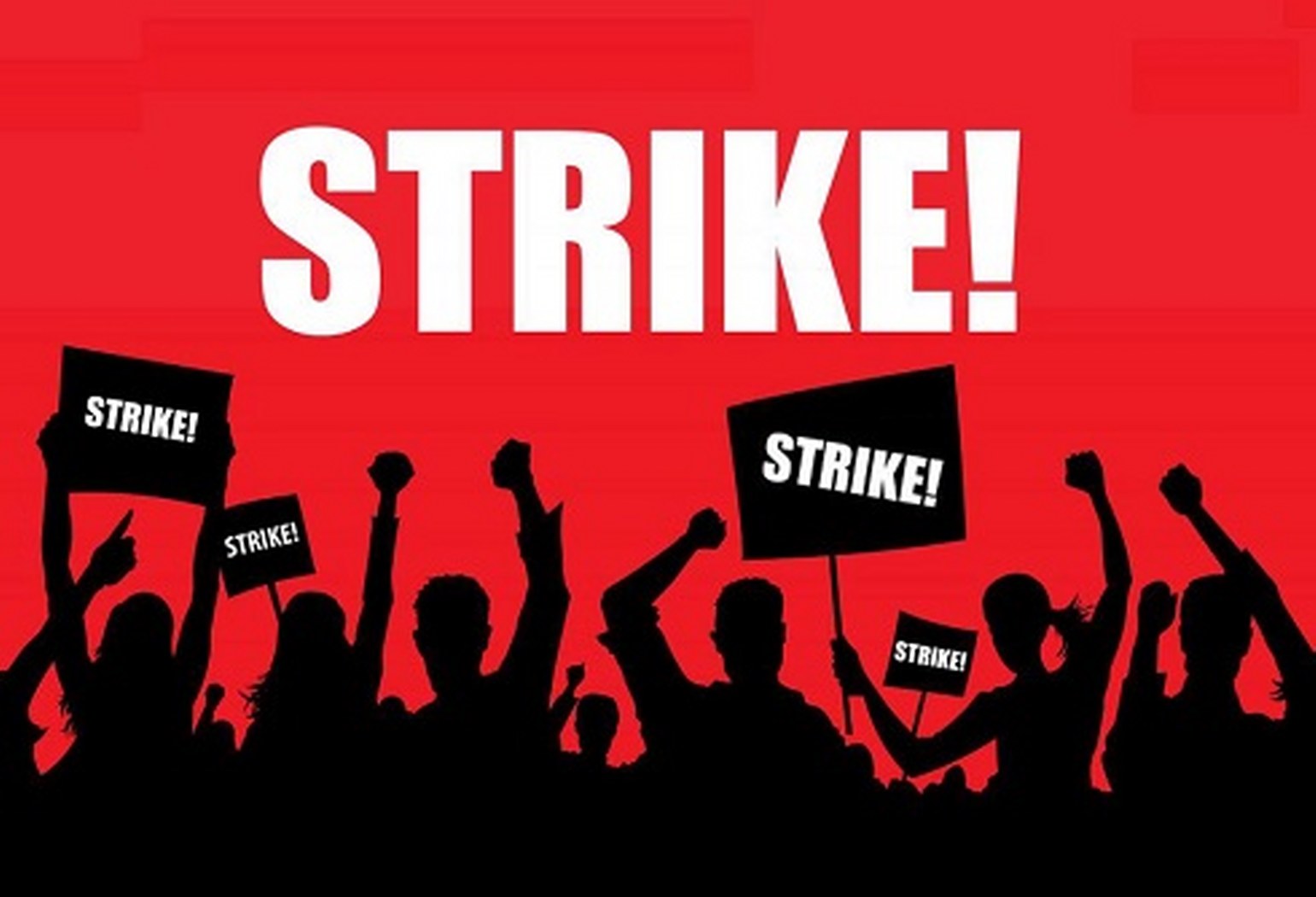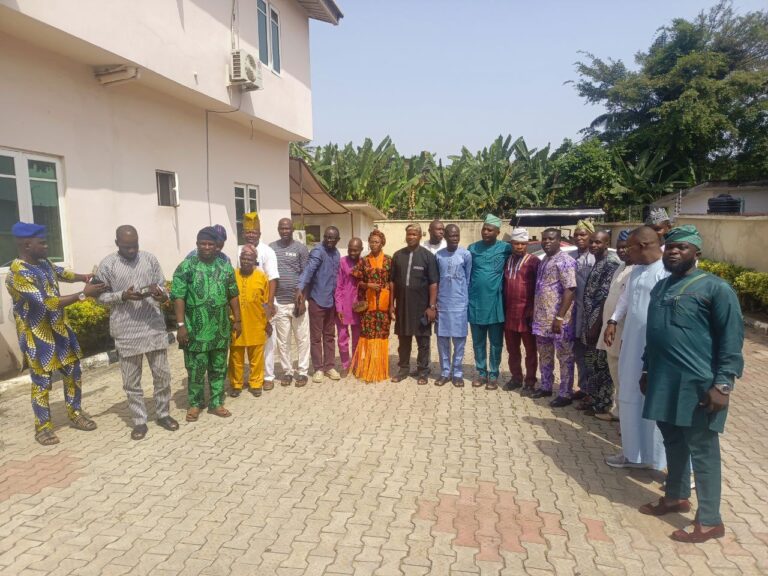
Healthcare services across Nigeria are poised for significant disruption as nurses under the umbrella of the National Association of Nigeria Nurses and Midwives – Federal Health Institutions Sector (NANNM-FHI) have vowed to begin a seven-day warning strike starting Wednesday, July 30, 2025. The strike is set to proceed regardless of any last-minute government efforts to initiate dialogue, according to union leaders.
In a statement delivered during an exclusive interview on Tuesday, the National Chairman of NANNM-FHI, Comrade Morakinyo Rilwan, stated that the decision to embark on the strike was a collective resolve of the association’s members, who have grown weary of long-standing neglect by the Federal Government.
On July 14, the union issued a 15-day ultimatum to the Federal Government, outlining critical demands and calling for immediate intervention to avert a complete shutdown of healthcare services in federal institutions. However, Rilwan confirmed that the government has failed to respond or open negotiations within the period.
“As far as we are concerned, there has been no communication from the government to this moment,” he said. “That is why we are saying the strike is going on, and nothing is stopping it. Even if the government calls today or tomorrow, it won’t stop the strike. They had enough time 15 days is more than enough for them to initiate dialogue.”
The nurses’ demands include an upward review of shift allowances, adjustment of uniform allowances, the establishment of a separate salary structure tailored specifically for nurses, and an increase in the core duty allowance. The union is also demanding mass recruitment of nursing professionals to address chronic understaffing, and the creation of a Department of Nursing within the Federal Ministry of Health.
According to Rilwan, many of these issues have lingered unresolved for decades. “For over 40 years, we have been patient with them,” he said. “They subjected us to harsh working conditions no provision of gloves or equipment yet we carried on. In all that time, nurses have not embarked on any strike.”
He added that the long-suffering members have finally reached their limit. “Maybe the government thought we wouldn’t go through with it because we haven’t gone on strike for so long, but they are wrong.”
The chairman emphasized that the strike was not solely the decision of the union leadership, but rather a collective demand from the rank-and-file members, who insisted that action must be taken regardless of the consequences.
“This strike is not initiated by the leadership of the union; it was initiated by the members,” Rilwan explained. “They are the ones who said enough is enough. So we don’t have any option but to allow them to exercise their rights.”
He also noted that members were fully prepared to face the consequences, including the potential loss of pay. “They are not even worried about ‘no work, no pay,’ because the wages they currently receive are barely enough to survive. They are ready to sacrifice even that in the hope of achieving long-term change.”
Next Steps: Total Shutdown If Demands Remain Ignored
Rilwan disclosed that if, after the seven-day warning strike, no meaningful progress is made, the union would issue a 21-day final ultimatum as stipulated by Nigeria’s labour laws. Failure by the government to engage constructively within that time frame will result in a total and indefinite nationwide strike.
“This warning strike is just the first step,” he said. “If the government remains unresponsive, we will move into a full-scale indefinite strike once the 21-day notice expires.”
Addressing reports of some federal health institutions not participating in the strike, Rilwan clarified that only those that are not registered financial members of the association are exempt.
“Nobody is pulling out. However, institutions like the Federal Medical Centre, Ebute-Metta, and the Lagos University Teaching Hospital (LUTH) in Lagos have not been part of our association for the past three years due to internal issues. They are not legitimate financial members and therefore are not covered by the union’s strike mandate,” he explained.
He confirmed that all other affiliated federal hospitals across Lagos, the Federal Capital Territory (FCT), and other states would participate in full compliance with the strike directive.
The looming strike threatens to compound existing challenges in Nigeria’s healthcare sector, already grappling with limited resources, brain drain, and overstretched personnel. Analysts warn that without swift intervention from the Federal Government, the strike could cripple medical services in tertiary institutions and endanger thousands of lives.
Public health advocates are urging the government to take immediate steps to engage the nurses in constructive dialogue and avert what could become a full-scale public health crisis






